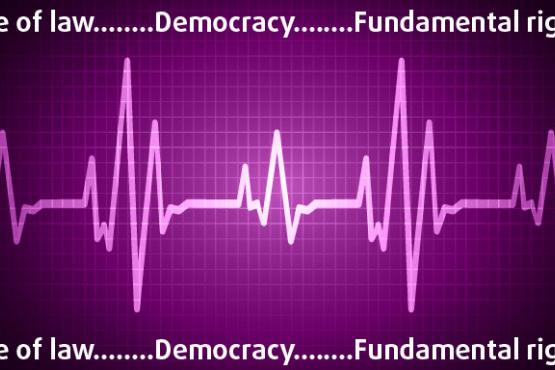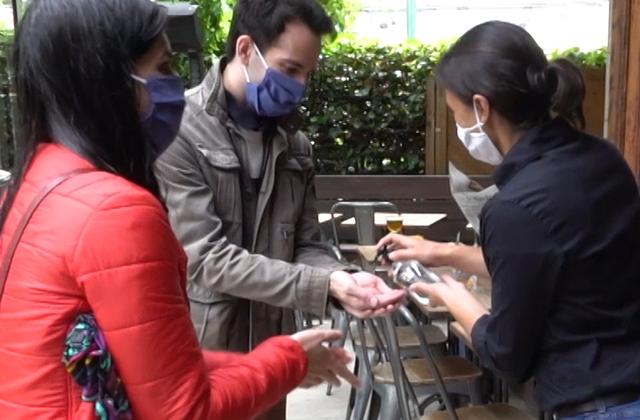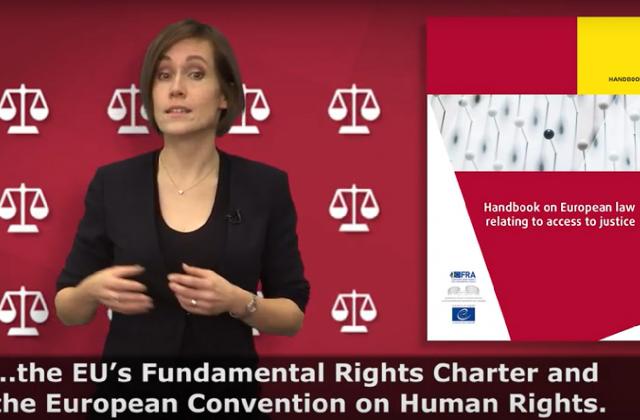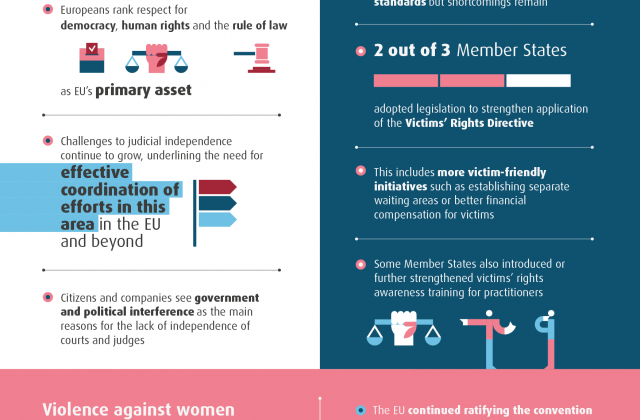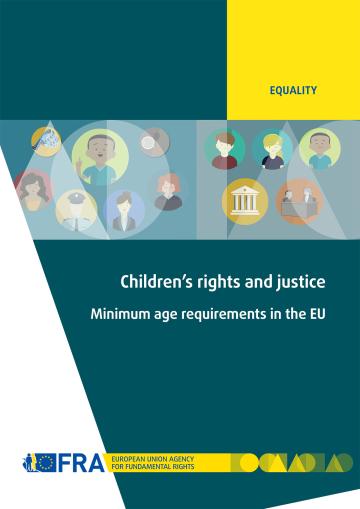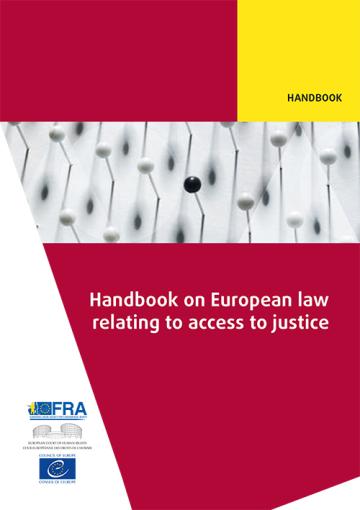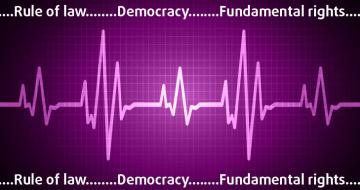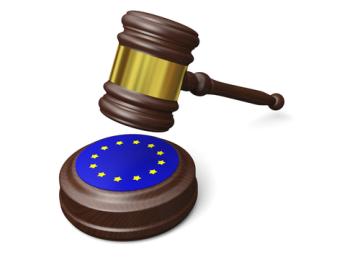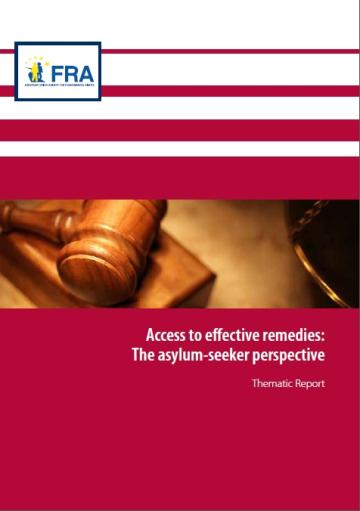Judicial cooperation and rule of law
Highlights
- Report / Paper / Summary26March2024The European Arrest Warrant (EAW) allows Member States to implement judicial decisions issued in another Member State. It applies to decisions such as arrests for the purpose of criminal prosecutions or the execution of custodial sentences. After being in force for over 20 years, FRA’s findings provide evidence for an assessment of the legislation in practice. This report looks at the fundamental rights challenges that people face who are requested through an EAW. It provides a unique insight into their experiences and those of the professionals involved. FRA’s findings indicate that shared challenges exist across EU Member States. They must increase efforts to ensure that people are able to take part in criminal proceedings and receive a fair trial.
- Opinion / Position Paper15April2016This opinion underlines the importance of drawing on existing data and information in any assessment of the values in Article 2 TEU, and outlines how this could be done.
- Opinion / Position Paper10February2014The proposal to establish a European Public Prosecutor’s Office (EPPO), mandated to prosecute crimes against the financial interests of the European Union, raises a number of fundamental rights issues.
- Opinion / Position Paper21December2015The proposal to establish a possible legislative instrument supplementing the existing European Criminal Records Information System with information on third-country nationals convicted in the EU raises a number of fundamental rights issues.


